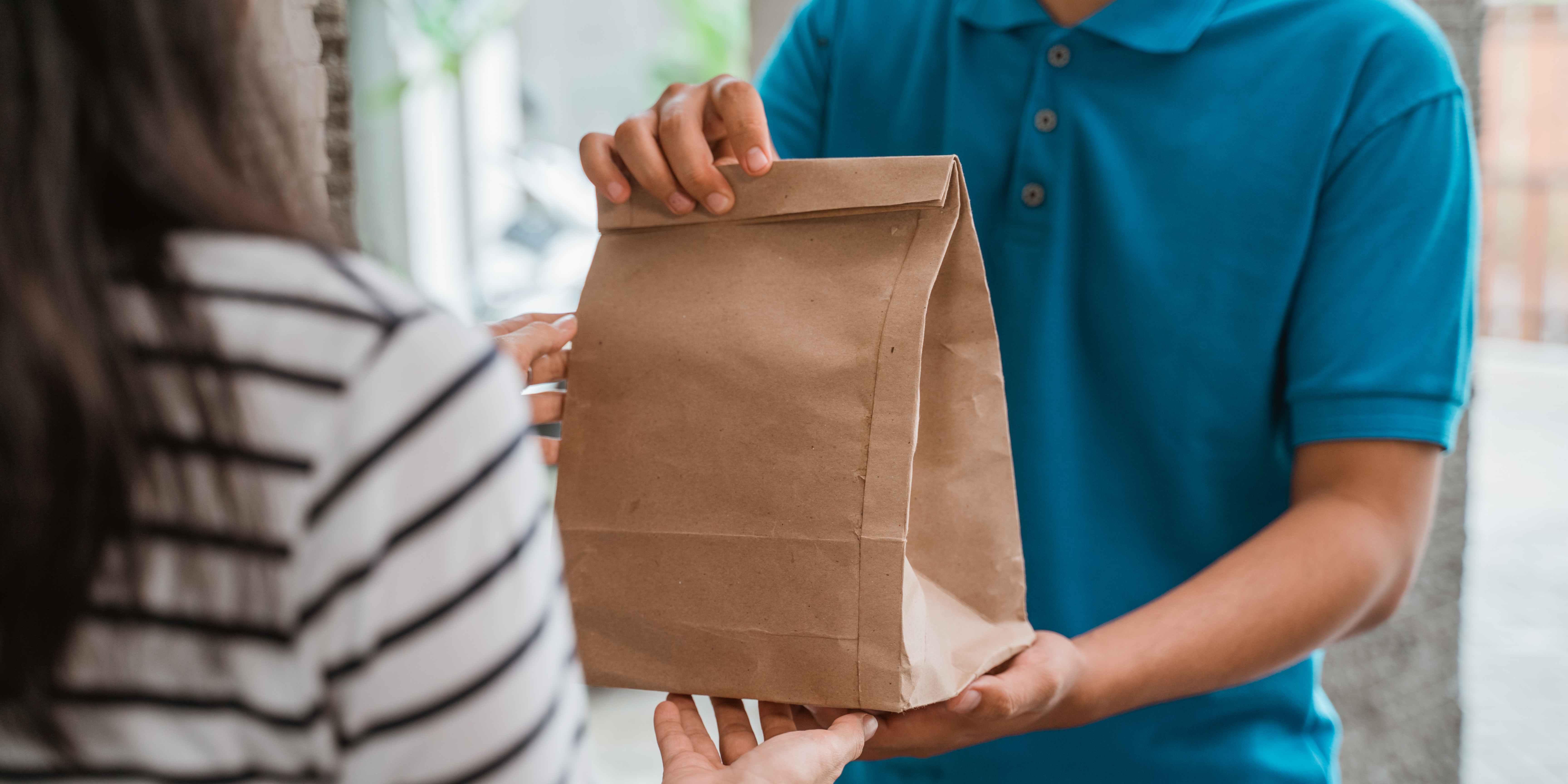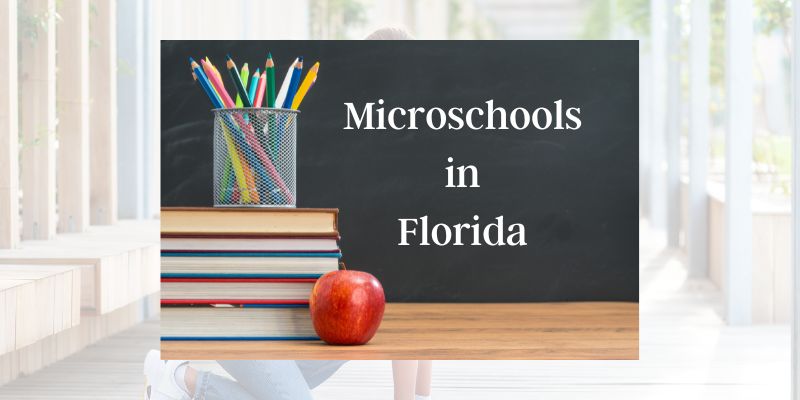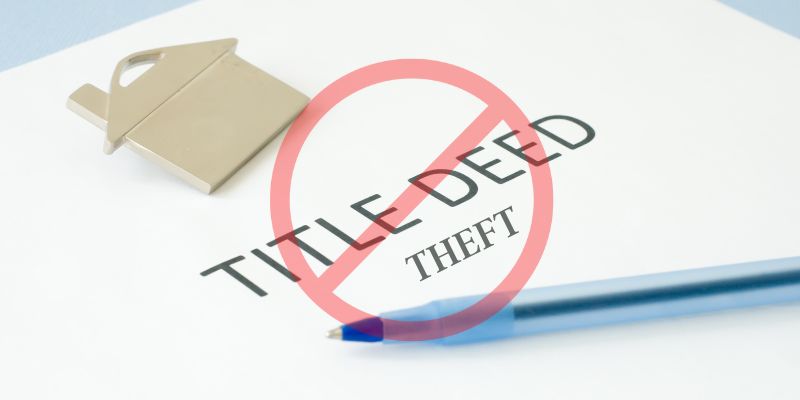
DoorDash, Uber Eats, and Grubhub Gets Delivered Blow From Florida
Melondy Bosko
Consumer Alert
None too soon. As a consumer their practices have make it near impossible for both restaurant and consumer to enjoy and communicate with each other. Their tactics between consumer and restaurant could be removed if this bill passes putting control back where it should be, between consumer and restaurant.
In a bid to curb their unchecked power, Senate Bill 676, championed by GOP Sen. Jennifer Bradley, emerges as a beacon of hope for struggling eateries across the state. Finally, someone is stepping up to challenge the stranglehold these platforms have on small businesses.
But let's not mince words: the current state of affairs is dire. These tech titans have been running amok, corralling orders from countless restaurants and answering to no one but themselves. It's high time someone held them accountable.
Bradley, with a nod to the chaos these apps have wrought, acknowledges their convenience but underscores the urgent need for regulation. She's seen firsthand how they operate, and it's not pretty.
Under her proposed bill, these platforms will face a reckoning. No longer will they be able to swoop in and snatch up orders without consent. Restaurants will have the power to say no and kick them to the curb within a mere 10 days.
And let's not forget their sneaky tactics with pricing. No more inflating costs to line their own pockets or deflating them to undercut the competition. The days of manipulating restaurant prices for profit are numbered as well as adding restaurants who don't even want to participate, while paying search engines to manipulate keywords to rank themselves above the real restaurant and menu.
But here's the kicker: if this bill passes, customers will finally see the true cost of their deliveries, itemized and laid bare for all to see. No more hidden fees or shady surcharges.
Enforcing this crackdown falls to the Division of Hotels and Restaurants, who are gearing up for battle against these tech behemoths. With fines of up to $1,000 for noncompliance, the message is clear: play by the rules or pay the price.
So, will this legislation level the playing field for restaurants? Only time will tell. But one thing's for sure: the days of food delivery giants running roughshod over small businesses in Florida may soon be coming to an end.
Here is how the current bill reads:
CS/SB 676: Food Delivery PlatformsGENERAL BILL by Regulated Industries ; Bradley
Food Delivery Platforms; Prohibiting food delivery platforms from taking or arranging for the delivery or pickup of orders from a food service establishment without the food service establishment’s consent; requiring food delivery platforms to provide food service establishments with a method of contacting and responding to consumers by a specified date; providing circumstances under which a food delivery platform must remove a food service establishment’s listing on its platform; preempting regulation of food delivery platforms to the state, etc.
Effective Date: Upon becoming a law
Last Action: 2/8/2024 Senate - Now in Fiscal Policy
Last Action: 2/8/2024 Senate - Now in Fiscal Policy
Be In The Know! What is Fiscal Policy?
Fiscal policy is the use of government spending and taxation to influence the economy. Governments typically use fiscal policy to promote strong and sustainable growth and what the impact may be.
Are you for or against Senate Bill 676? Tell Us In Comments. Start a conversation on why or why not.









